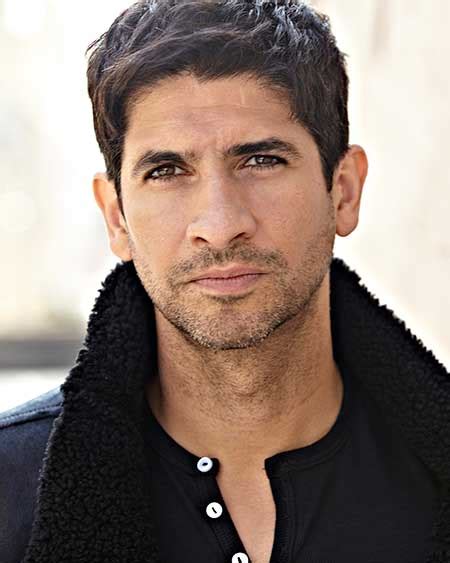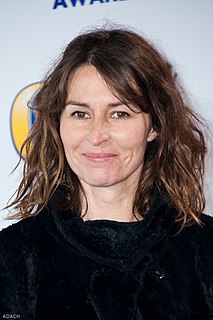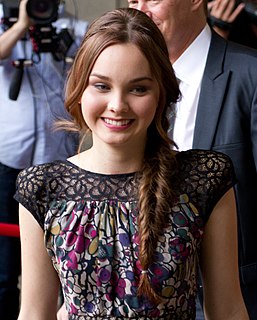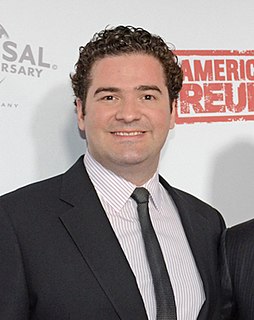A Quote by Martha Plimpton
I want to be true to the character and maintain some consistency and give the audience what they love while at the same time keeping things fresh and grow the character.
Related Quotes
With Aquaman I worked with such talented guys, Ivan Reis and Joe Prado. And he's a great character. I mean, Aquaman's a great character, he just hasn't been positioned in a role of importance in a long, long time. We tried to do that in this series; give him this platform because he deserves it, and give a very different perception of Aquaman while at the same time staying true to who the character is. Showing his power level, his fortitude, his sense of honor and commitment and responsibility, and hopefully showing everything that makes a hero a hero.
I seek a diverse spectrum of roles. If I just was in a large-budget feature for a younger audience, then I want to find a smaller, more character-driven piece that might be for a more mature audience. Or if I'm playing a goofier character, then maybe I want to go play a serious, psychopathic character. But at the same time, it's usually a case-by-case basis where I'm judging the merit of a role by the script I'm given, and it usually has less to do with the larger framework and more to do with how the part personally appeals to me in that moment.
I always want the audience to identify with my character in some way. I mean, sometimes you'll get characters that aren't very identifiable. Sometimes you can't relate to your character at all. I think it's important to keep the audience interested. But the best advice that I've gotten is to live in the moment.
This character matters so much to so many people. I want to get that right. I want to do it justice. I want people to believe in the character and have faith in the character and kids to grow up wanting to be Superman. Or, God forbid, there's people who are going through hardship and wishing that this character would turn up and save them.
Until a character becomes a personality it cannot be believed. Without personality, the character may do funny or interesting things, but unless people are able to identify themselves with the character, its actions will seem unreal. And without personality, a story cannot ring true to the audience.
When I'm writing, I try to have the mask of my character on as I'm walking through the world. When I'm not at my desk, the rest of the time, I try to stay in that character and see the world the way that character would It's almost like method acting in a way — keeping the character close the way the actor keeps a script close and always tries to be in character.
The first thing that happens is the cleansing of the former character. I don't think a lot of actors talk about it, but there is usually a process where you essentially purge yourself of the character played prior to the movie. Then you want to think about what the character represents, and you write down all of the elements about this character and then take the time to find some synchronicity and start breathing the character.










































